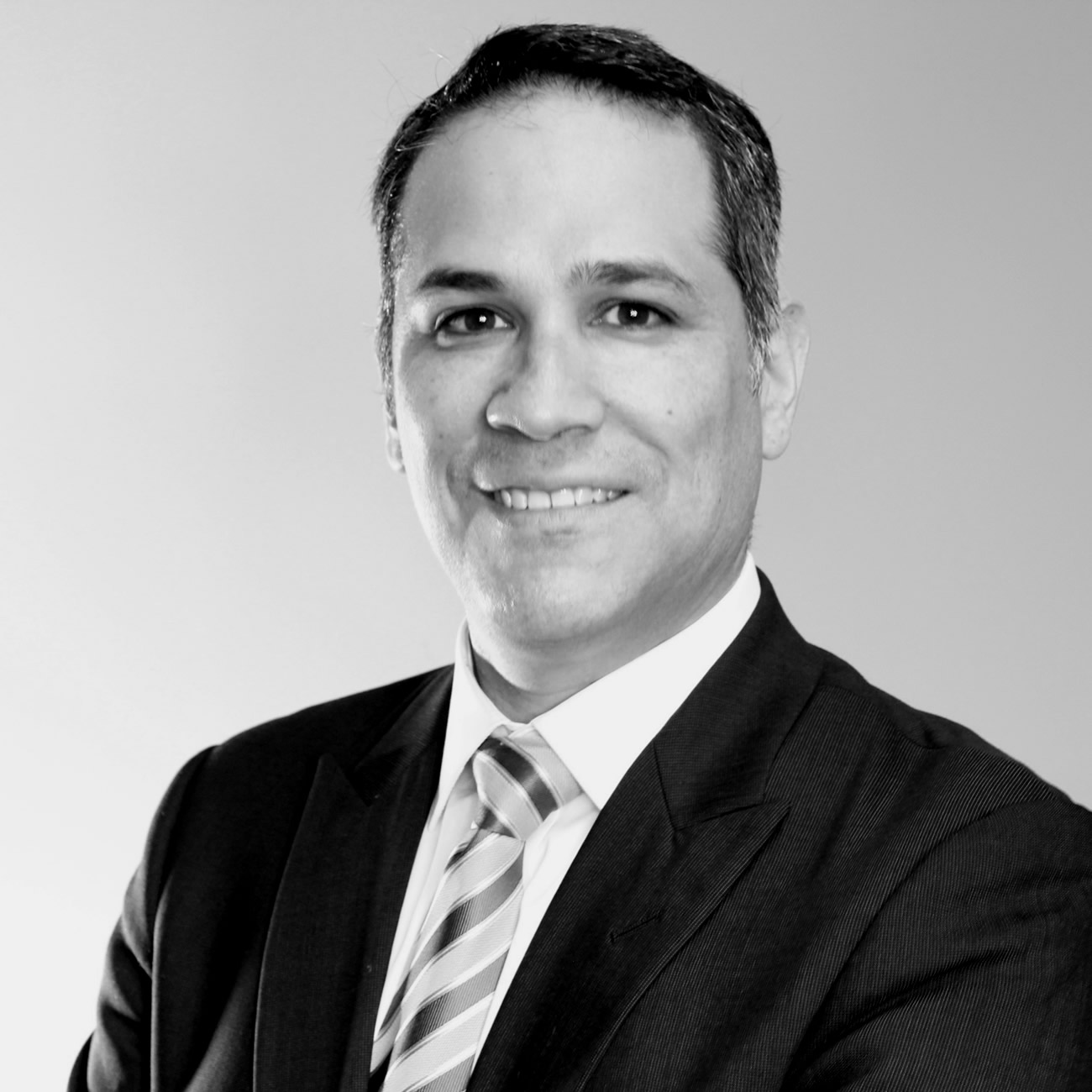By Jose Ruiz
Jose Ruiz serves as Alder Koten’s Chief Executive Officer providing vision, strategic direction and the roadmap for the firm’s future. He is also involved in executive search work focused on board members, CEOs and senior-level executives; and consulting engagements related to leadership and organizational effectiveness helping clients create thriving cultures.
We live in a changing world, thanks to advanced technology, globalization, and economic upheavals. Naturally, every day, all kinds of change occur, ranging from the small to the massive ones and from within and outside the organization. These continuous changes cause unprecedented uncertainty, which must be handled with care and discretion.
A good leader understands the risks and the challenges to stay on track despite the instability and unknown future.
Whichever change an organization is experiencing, you must find the root cause of the problem and start from there. It would require a collective effort and a synchronized teamwork to work on a goal, especially in uncertain times.
By “root cause,” it refers to the initiating cause that leads to a specific outcome. In an uncertain time, various outcomes with a myriad of root causes can be expected. And those are the challenging part for a leader to resolve.
There are at least five ways to deal with handling the root cause of a problem in an era of uncertainty.
First, understand the critical issues.
Be clear on what you’re dealing with. As a leader, understand the issues as comprehensive as possible. Understanding means grasping the big picture of the concept in relation to the pain points experienced. This way, you will be able to delegate the troubleshooting activities to the most appropriate team members.
Second, be clear on pivotal roles.
In a multi-tier organization, leading roles should be well defined to ensure no overlapping territories and activities. Assigned roles’ duties, responsibilities, and accountabilities must be well prepared and carefully evaluated in advance. This way, the execution process will be well monitored, and the completion can be evaluated within the appropriate framework.
Third, be a quick learner.
Both the leaders and the followers must grasp ideas well rapidly. Since changes come and go in an instant, the learning curve can be quite steep. Sometimes, before a change is addressed, another change comes along. Thus, having a corporate culture that supports lifelong learning would be favorable. Make sure that the team members adopt this learning habit.
Fourth, measure critical performance.
Once you have mastered the issue, there is very little time to execute and perform well to address it. A leader must be able to measure the performance that addresses the issue while at the same time he or she must learn to handle it quickly. A good leader in change must both a lifelong fast learner and an evaluator.
Fifth, be ready for the next issue.
Whenever possible, train your team to be alert of and expect changes. Create several real-life scenarios to prepare them for the possibilities. Invite the team to analyze past case studies and best practices of companies in change and transition. This way, they will be accustomed to thinking outside the box.
Last but not least, being a leader in uncertain times requires more than strong analytical skills. Most importantly, you would need to be able to quickly shift attention from the routine to the critical issues requiring immediate attention.
You would need to boost the team’s morale, so they are confident in handling new things without much preparation in advance. In the end, a leader’s ability to be calm under pressure would determine the success of the organization.
About Alder Koten
Alder Koten helps shape organizations through a combination of research, executive search, cultural & leadership assessment, and other talent advisory services. The firm was founded in 2011 and currently includes 6 partners and over 28 consultants in 4 cities. The firm’s headquarters are located in Houston and it has offices in Guadalajara, Monterrey, and Mexico City with partner firms in New York, Boston, Chicago, Australia, Belgium, Brazil, Canada, Chile, China, Denmark, Finland, France, Hong Kong, Italy, Germany, Netherlands, New Zealand, Norway, Poland, Russia, Spain, Sweden, Switzerland, Turkey, and United Kingdom. We know where to find the executives you need and how to attract top talent to your organization. Our approach to executive search is based on a thorough understanding of the strategic, cultural, financial and operational issues our clients face. Our executive search engagements are targeted and focused on the specific requirements of the position including industry and functional experience, skills, competencies, cultural fit, and leadership style. Our process is rigorous. We take a disciplined and structured approach to identifying potential candidates that meet the position requirements including subject-matter, functional and regional expertise. We use our high-level professional networks, industry knowledge, and internal research resources to achieve results in every executive search engagement.This is a text block. Click the edit button to change this text.







